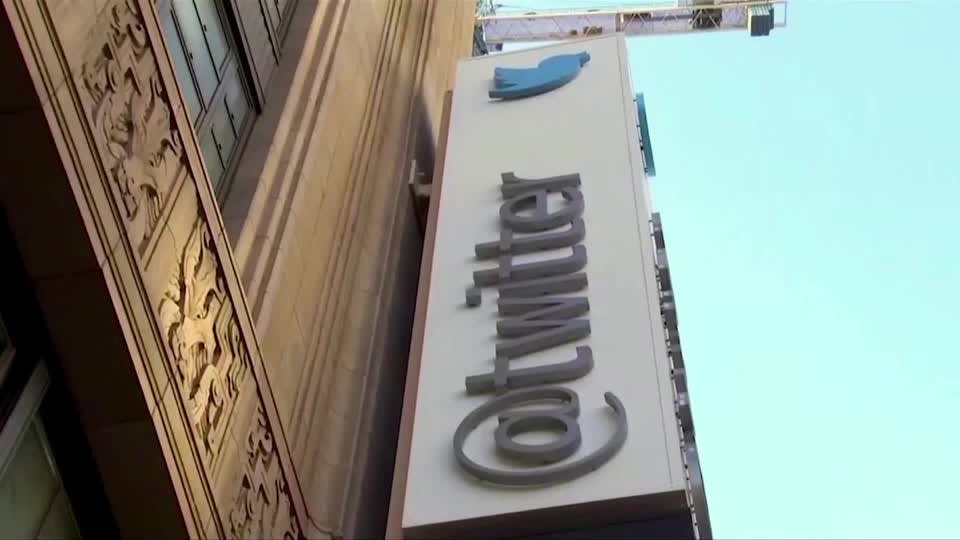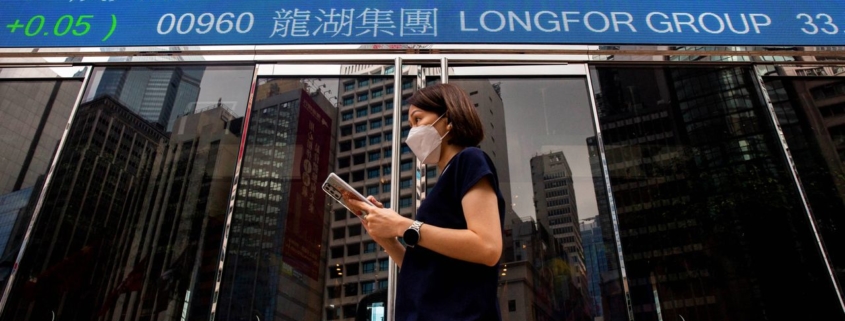Ex-security head alleges Twitter misled regulators
STORY: Shares of Twitter dropped sharply on Tuesday after the revelation of an explosive whistleblower complaint alleging the social media company misled federal regulators about its defenses against hackers and spam accounts.
The disclosures come from Twitter’s former security chief Peiter Zatko, a famed hacker more widely known as “Mudge,” who has testified before Congress about the vulnerabilities of the internet in the past.
“If you’re looking for computer security, then the internet is not the place to be.”
Zatko, seen here in an interview with Reuters at the 2019 Black Hat cybersecurity conference, filed an 84-page complaint last month with multiple government agencies, alleging that Twitter falsely claimed it had a solid security plan and said he had warned colleagues that half the company’s servers were running out-of-date and vulnerable software.
The complaint, which was first reported by the Washington Post and CNN, was also sent to congressional committees.
A Twitter spokesperson said on Tuesday that Zatko was fired in January for “ineffective leadership and poor performance” less than two years after then-CEO Jack Dorsey appointed him to the role, and said his complaint was designed to capture attention and inflict harm on Twitter.
The whistleblower complaint comes at a rough time for the social platform, as it’s embroiled in a legal battle with Elon Musk after he said in July he was ending an agreement to buy the company, alleging Twitter had violated the terms of the deal.
The world’s richest person has accused Twitter of hiding information about how it calculates the percentage of bots on the service.
The whistleblower complaint alleges Twitter prioritized user growth over reducing spam, offering executives massive bonuses for increases in daily users and nothing explicitly for cutting spam.
CNN reported that Musk’s legal team has subpoenaed Zatko, after the whistleblower disclosure was made public. The Tesla CEO could not be reached for comment.



